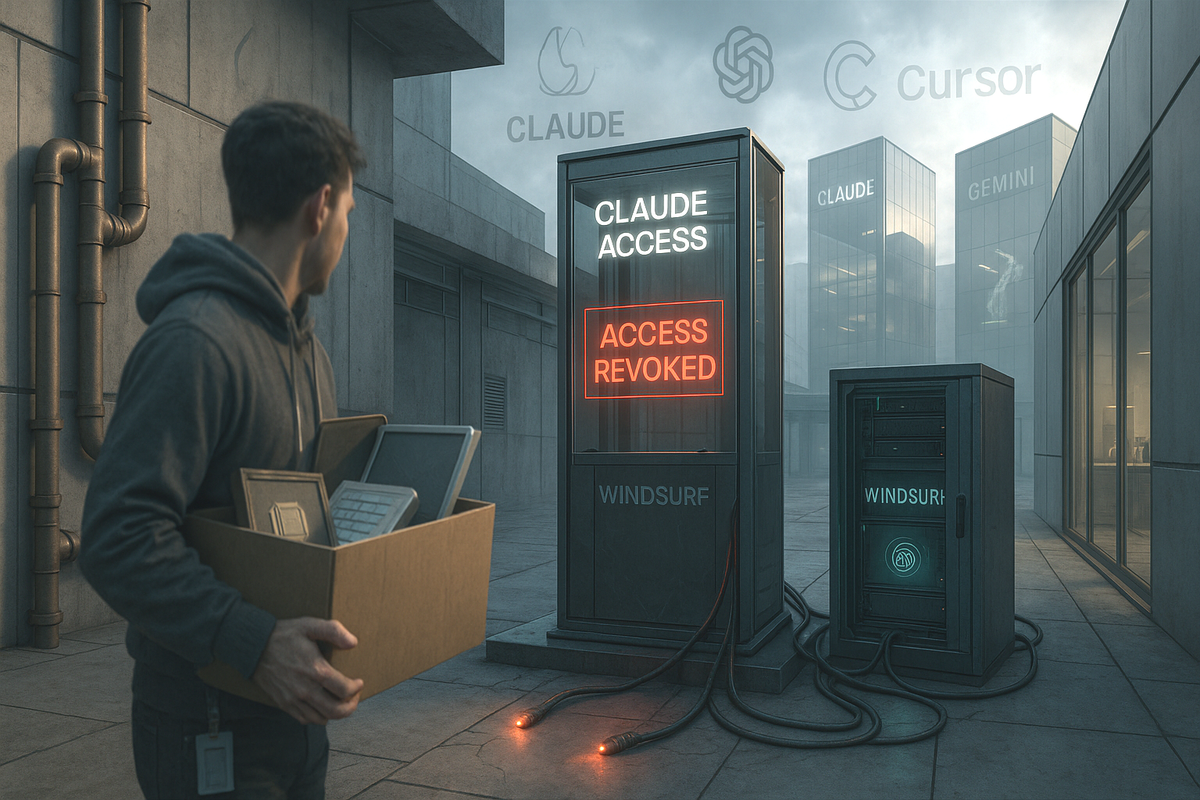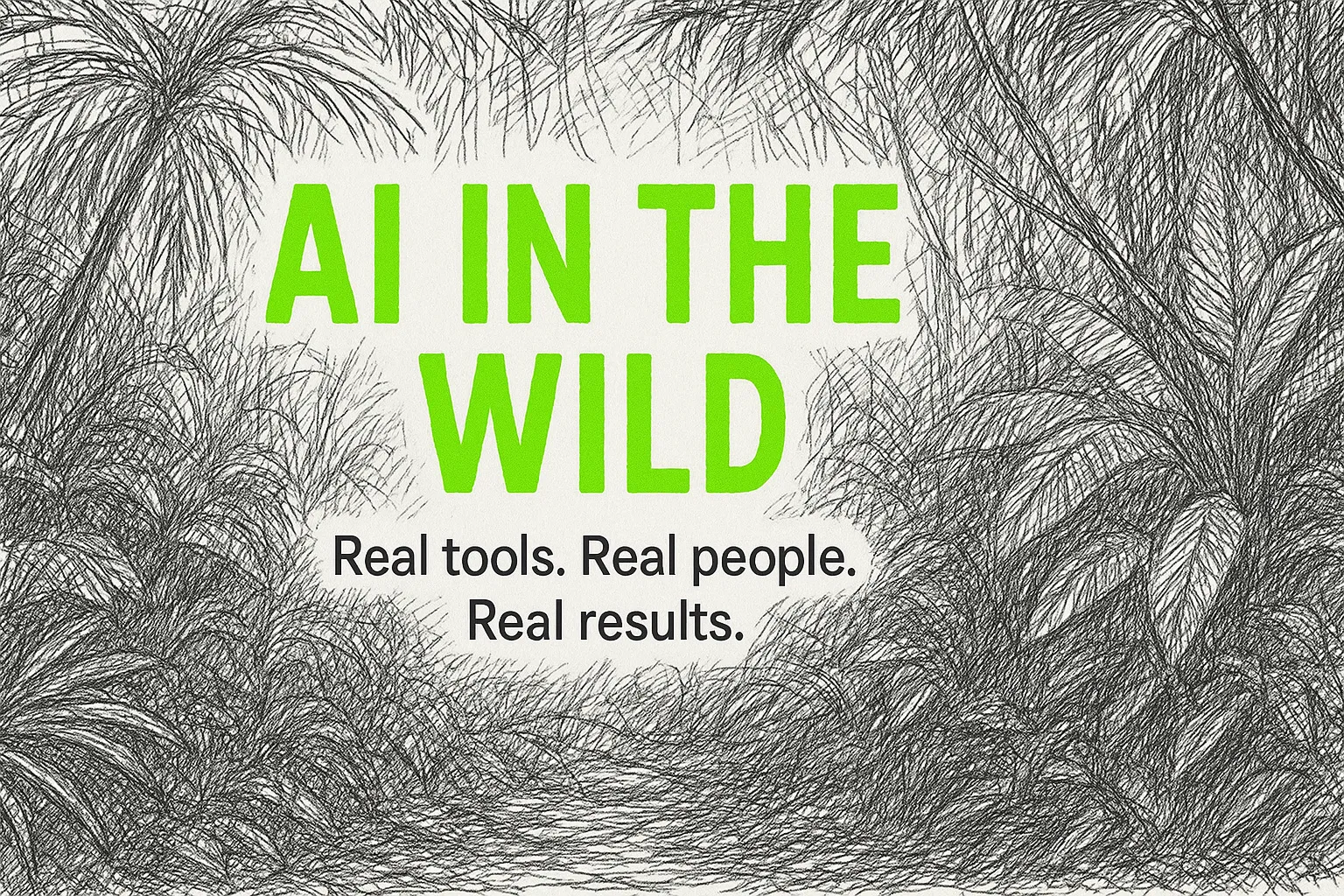The “Revolution” Eats Its Children.
Windsurf promised to kill off developers. Then Anthropic killed Windsurf. No warning. No mercy. Just Claude Code, launched in-house, making its former partner obsolete.
This was never collaboration. It was containment. The foundation model companies smiled, watched you grow, then cut you off.
You don’t own intelligence when you rent it. That’s the lesson Cursor, Replit, and Magic learned too late. They built on borrowed compute and borrowed brains. Some tried training their own models. None delivered.
China skipped the rent. DeepSeek trained on stolen Gemini outputs. Microsoft found stolen data flowing through OpenAI developer accounts. The model codes like Gemini—and won’t discuss Xinjiang. Western capability, Beijing censorship. It’s digital theft with state-sponsored redlines.
Startups in the U.S. played by the rules and still got burned. The moment their tools showed traction, their suppliers turned predators. Strategic suffocation followed. Access throttled. Margins disappeared. Windsurf’s $3 billion valuation couldn’t stop the blade.
The security fallout is worse. These coding agents browse the web freely. One bad prompt turns your code into an export. “Fix this bug,” the prompt says—while silently sending your repo to an attacker. The agents don’t just autocomplete. They leak.
Founders bragged about democratizing software. What they created was dependency. Now they’re learning who really owns the stack.
The gold rush is over. The claim owners are mining. The prospectors got evicted.
The AI revolution didn’t just automate engineers.
It devoured its own.
Marcus Schuler covers the tech industry from Silicon Valley. He lives near San Francisco.











